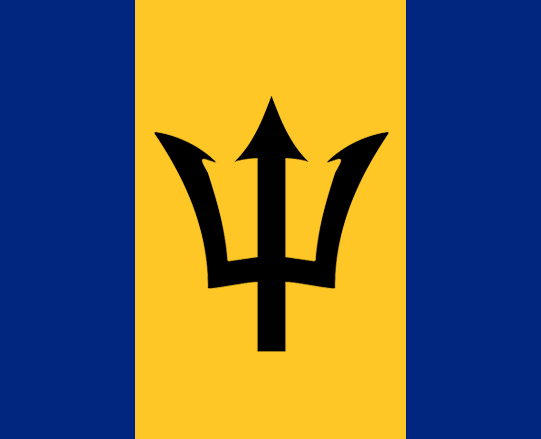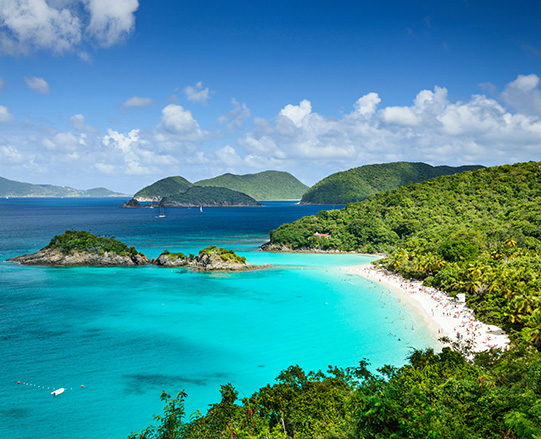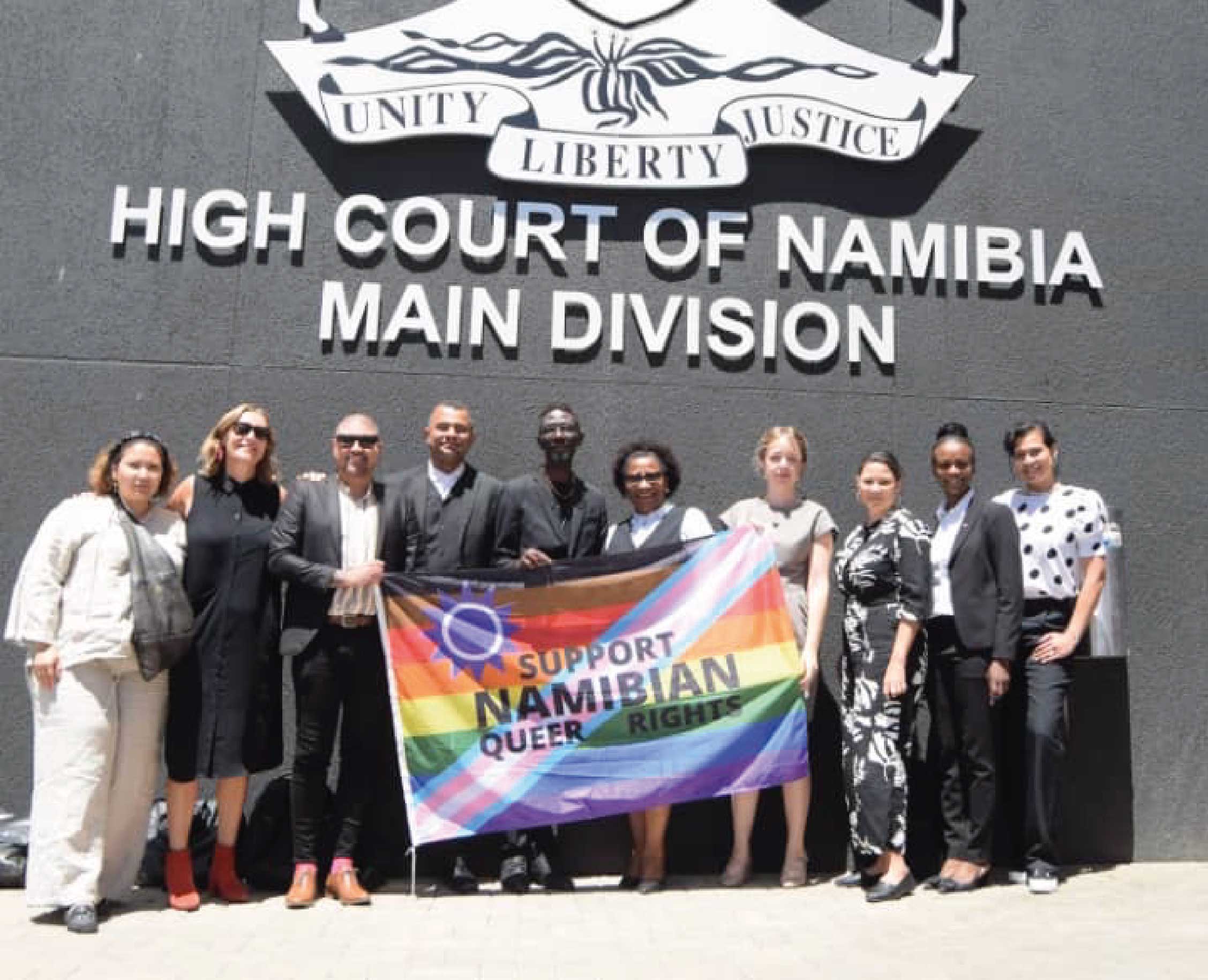Five months after the High Court announced they were striking down laws criminalising same-sex sexual activity in Barbados, the Court yesterday handed down a written judgment giving detailed reasons for its decision.
Sections 9 and 12 of the Barbados Sexual Offences Act, also known as the “buggery” and “serious indecency” laws, were remnants of the British colonial era and criminalised consensual same-sex intimacy. Under Section 9, punishment for breaking the law could be as severe as life imprisonment for males who engaged in same-sex sexual activity. Under Section 12, both men and women were criminalised and liable to imprisonment of up to 10 years.
The case was filed by two Barbadian LGBT advocates, with local organisation Equals joining the case as community support, and regional LGBT umbrella organisation, the Eastern Caribbean Alliance for Diversity and Equality, convening the process.
In the judgment, the Court upheld all of the claimants’ grounds of challenge. They found that the criminalising offences, which “attempt to regulate the sexual activities of consenting adults within the privacy of their homes”, violate the claimants’ constitutional rights to privacy, liberty, equal protection and treatment under the law, freedom of expression, and freedom from discrimination on the grounds of sexual orientation. In its reasons, the Court held that the constitutional right to liberty, “protects inherently private choices for all whether gay or straight.”
The Human Dignity Trust welcomes this written judgment, which firmly vindicates and upholds the constitutional rights of LGBT Barbadians to live and love free from discrimination and the stigma of criminalisation
René Holder-McClean-Ramirez, one of the claimants in the case, said, ‘This is a much-welcomed continuation of the oral judgment given in December 2022. In Barbados, we continue to move forward with building an inclusive nation. My focus now is on policies and legislation that protect LGBTQ+ and marginalised people from discrimination.’
With the courts of Antigua & Barbuda and St Kitts & Nevis also striking down these laws in 2022, there are now just six remaining criminalising countries in the Western Hemisphere – Jamaica, Grenada, St Lucia, Dominica, St Vincent & the Grenadines and Guyana. Similar legal proceedings are underway in most of them.
Notes to editors
- The judgment was delivered orally on 12 December 2022, followed by yesterday’s full written reasons.
- The case was argued in court by Caribbean lawyers Douglas Mendes SC, Westmin James and Kashka Hemans with technical support from the Human Dignity Trust.
- The case was filed by two Barbadian LGBT advocates with local organisation Equals joining the case as community support, and regional LGBT umbrella organisation, the Eastern Caribbean Alliance for Diversity and Equality, convening the process.
- Visit the Human Dignity Trust’s interactive map to see which countries across the world continue to criminalise LGBT people.
- The Human Dignity Trust works with LGBT activists around the world to defend human rights in countries where private, consensual, same-sex sexual activity is criminalised. We provide free technical legal assistance to local organisations that are challenging laws that persecute people on the basis of their sexual orientation and/or gender identity.
For more information and to arrange interviews contact:
Emma Eastwood, Head of Strategic Communications, Human Dignity Trust
T: +44 (0)20 7419 3770 / E: emmaeastwood@humandignitytrust.org / Twitter: @HumanDignityT



